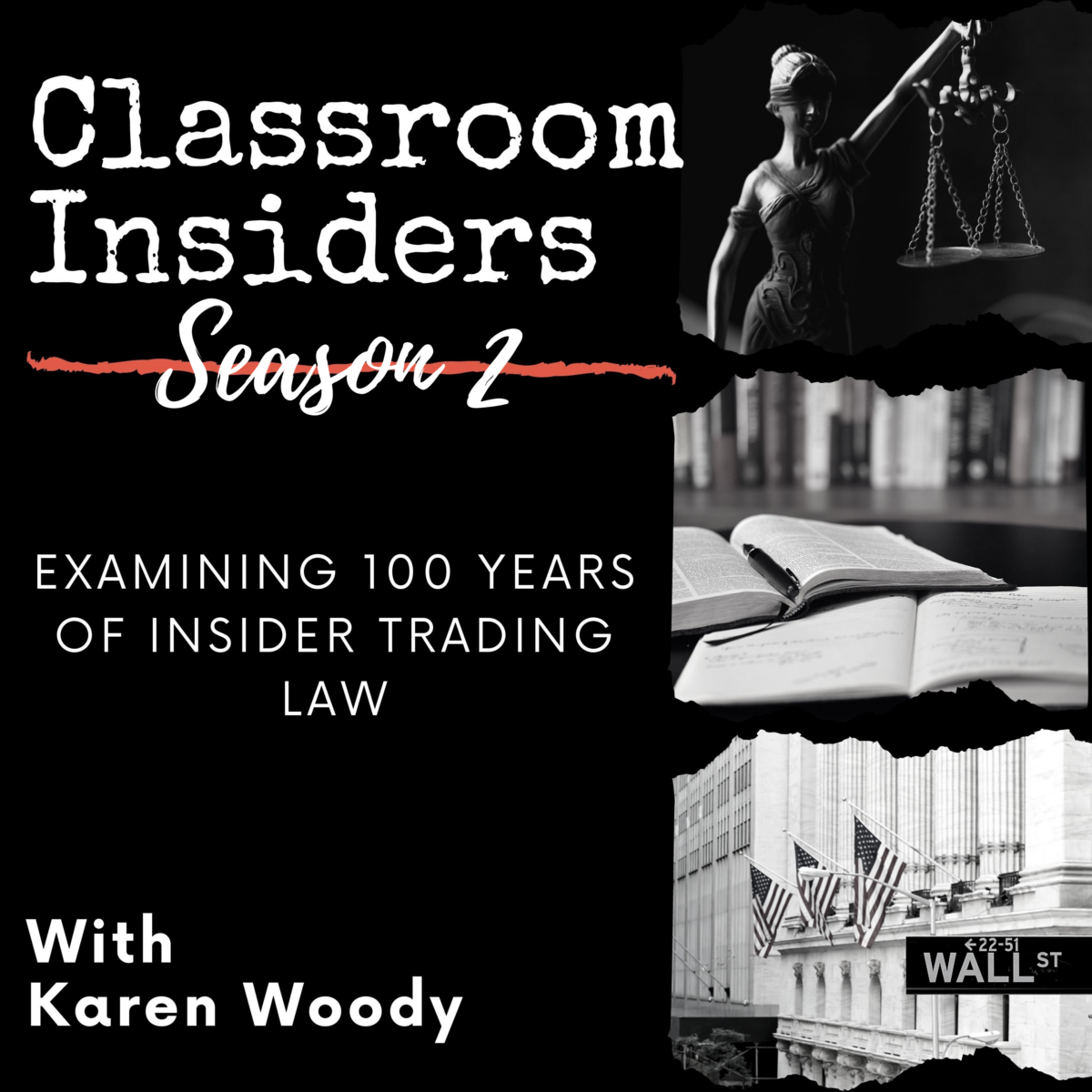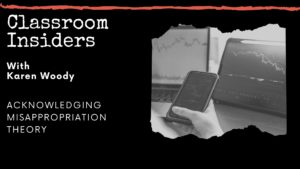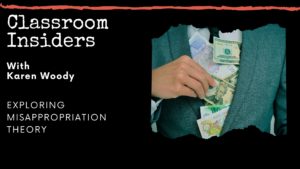Welcome to Season 2 of Classroom Insiders, a podcast with Professor Karen Woody and her Insider Trading Seminar students from Washington and Lee University. They explore the arc and evolution of insider trading over the last century. Each episode will feature a discussion between Karen Woody and students about insider trading and regulation. Find out what the future lawyers of the university think about past and current legislation and learn more about this fascinating area of law.
In this episode of Classroom Insider Season 2, Professor Woody chats with Noah Gallagher and Ahmed. Together, they explore the intricate details of the famous insider trading case, SEC vs. OBIS. The episode dives into the initial allegations, the roles of various individuals involved, and the complex theories of insider trading used in the case, including the classical and misappropriation theories. The discussion also highlights the various legal challenges and court rulings that shaped the case’s outcome, mainly focusing on fiduciary duty, personal benefit, and scienter requirements.
Listeners will understand how the courts handle insider trading cases and the nuances that legal practitioners face. Noteworthy is the conversation on the impact of the court’s interpretations on the personal benefit test and how this case stands about the broader legal landscape of insider trading.
Key highlights:
- Overview of SEC vs. OBIS Case
- Details of the Insider Trading Allegations
- Theories of Insider Trading Explained
- Court Proceedings and Initial Rulings
- Appeal and Trial Outcomes
- Implications and Legal Interpretations
Resources:





